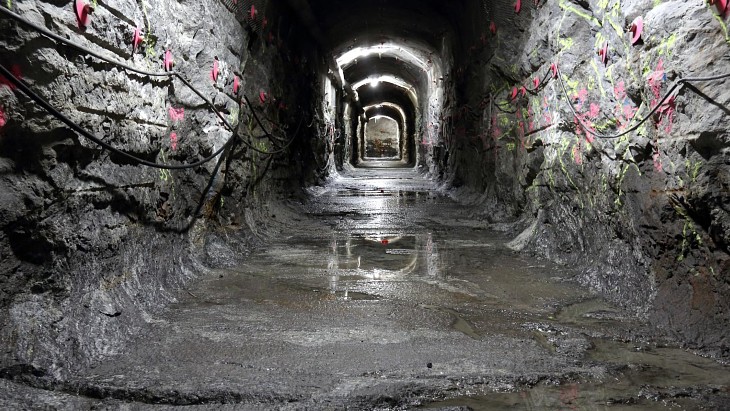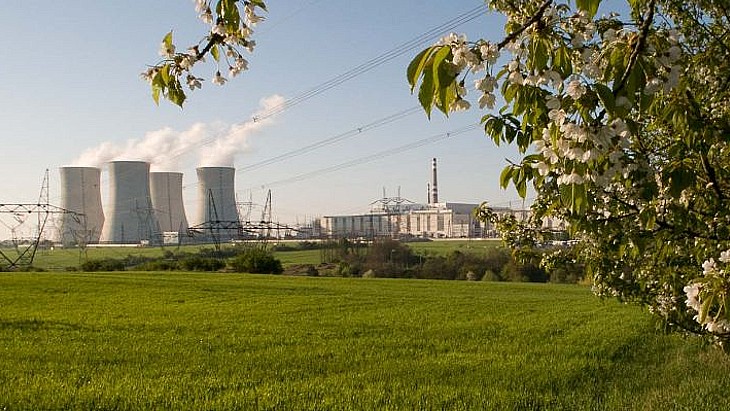A total of 24 regulatory professionals from seven countries in Eastern Europe and Central Asia - including Armenia, Azerbaijan, Belarus, Kazakhstan, Kyrgyzstan, Russia and Uzbekistan - completed the course, held on 17-21 December. The course was held in Russian, the main working language of the participants.
The training programme was based on a new draft guidance that aims to increase the security of radioactive material including, for the first time, specific provisions for the use and storage of radioactive waste and mobile sources.
The course includes modules dealing with specific security considerations applicable to mobile sources, such as increased level of physical protection that would not typically apply based solely on the activity of the sources.
"Mobile sources such as industrial radiographers, used to check the integrity of oil pipes, are on the move all the time," said Marina Labyntseva, deputy director for international affairs at Rosatom's Global Nuclear Safety & Security Institute, and one of the trainers at the pilot course. "This makes them an easier target for theft than stationary sources, such as those used in a radiotherapy machine."
The IAEA noted that, while less radioactive than many sources used in hospitals, mobile sources can still be used in malicious acts. There are tens of thousands of such sources used around the world, it said.
The course also includes guidance on waste from decommissioning activities of power plants and research reactors. It also includes a module on protection from insider threats: security breaches involving someone with legitimate access to the material, who can take advantage of their access right to bypass physical protection measures.
"Preventing insiders from taking radioactive material is important for both safety and security, and the new training course helps national authorities address it better," said Alessia Rodriguez y Baena, the IAEA nuclear security team leader in charge of the development of the training material.
The IAEA said feedback and lessons from the pilot course will also be used for the finalisation of the standard training material based on IAEA Nuclear Security Series Implementing Guide No.11, which advises national authorities on the security of radioactive material other than nuclear material such as uranium, plutonium and irradiated fuel.
The finalised training materials will then be rolled out across all regions of the world in course in English, French, Russian and Spanish.
The content of the guide itself has been approved and is expected to be published during the first quarter of 2019.

.jpg)





_53514_33880.jpg)






